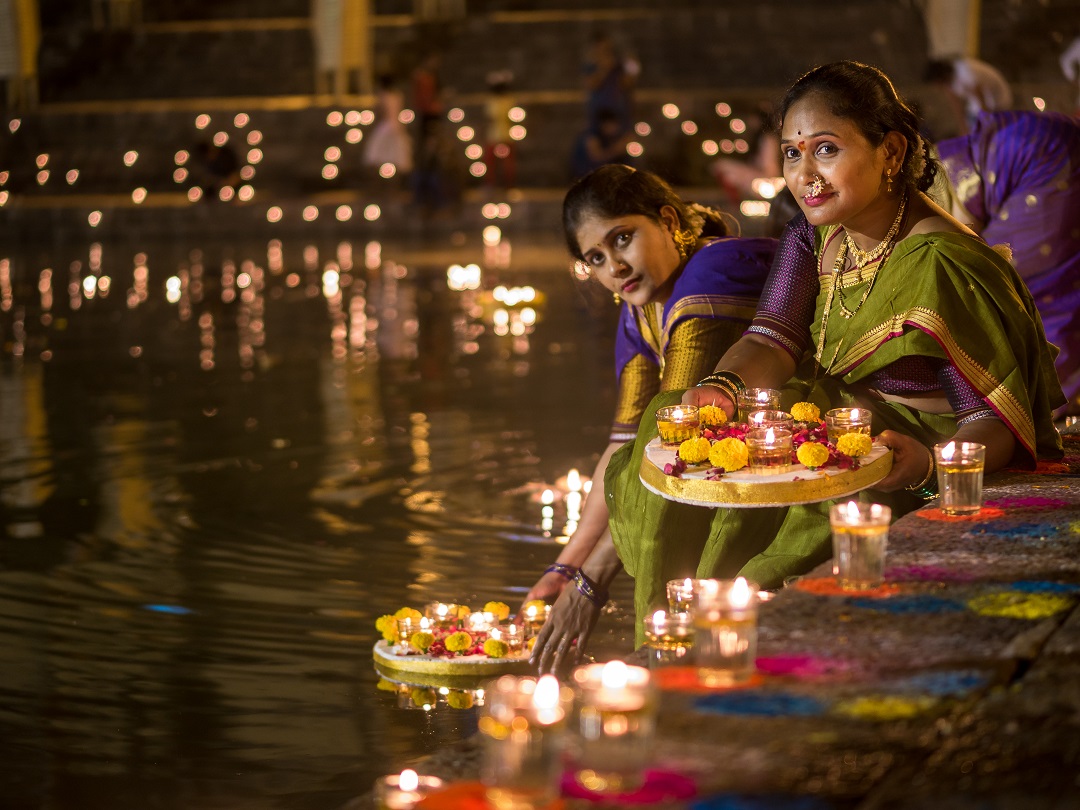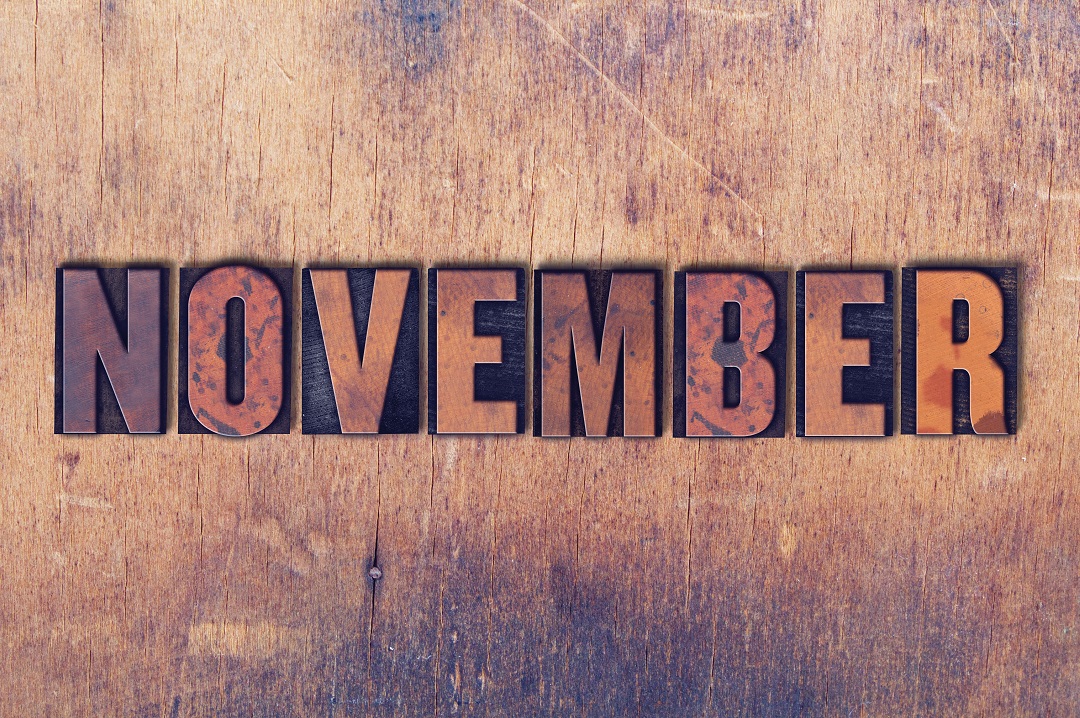One of the largest festivals in November is Diwali, the Hindu festival of lights. There are quite a few major holidays for Hindus, Sikhs, and Muslims during this month. Read more about these sacred traditions in order to better accommodate employees and colleagues who observe them.
 November 7 – Diwali
November 7 – Diwali
Observance and Dietary Restriction
Diwali is a five-day Hindu celebration also known as “the festival of lights”. While it is one of the biggest Hindu holidays, Sikhs, Jains, and Newar Buddhists also celebrate during this time. While there are slightly different traditions according to the region where Diwali is celebrated, much like Navaratri in October, the overarching themes are good over evil, light over darkness, and knowledge over ignorance.
Those who celebrate Diwali will spend time cleaning, reorganizing and even redecorating their home and office spaces to prepare for the holiday. Lamps and candles will be lit, and floors are adorned with rangoli, colorful drawings made of sand or powder. Gifts, especially gold and metals, will be purchased for family and loved ones, and special sweets are prepared in every household.
How to include participants
While there are no dietary restrictions during this holiday, you can allow participants to clean and reorganize their desk or office space in preparation for the celebration. The holiday focuses on spending time with loved ones, so please also be accommodating if participants ask for a couple of days off.
November 11-14 – Chhath
Observance and Dietary Restriction
Not as widely celebrated as Diwali, Chhath is another Hindu celebration that honors the Sun God, responsible for light, energy, and life force. Over the four days, participants adhere to strict fasting rituals and stand in bodies of water in prayer and worship. On the last day of the festival, celebrants break their fast with a shared family meal of kheer, thekua, and laddoo made of rice grit and fruits like sugarcane, sweet lime and banana. This meal is vegetarian and cooked without onion, garlic or salt.
How to include participants
Chhath is observed most elaborately in Madhesh (southern) region of Nepal and the northern Indian states of Bihar, Jharkhand and UP. However, as immigrants from those region spread across the globe, there are larger celebrations outside of those main hubs. If one of your employees participates in this celebration, it’s important to respect their fast and not require their presence at any work events involving food.
November 21 – Mawlid
Observance and Dietary Restriction
Mawlid is the Islam holiday that celebrates the prophet, Muhammad. A very festive event, there are often parades and festivals in which poetry and verses honoring Muhammad are recited. Traditional food is prepared and shared, such as assidat zgougouand, a traditional Tunisian dessert. There is also often a focus on charity.
How to include participants
Considered a national holiday in most of the Muslim-majority countries of the world, if employees ask for time off, try to accommodate their wishes.
November 23 – Guru Nanak Birthday
Observance and Dietary Restriction
Guru Nanak is the founder of Sikhism and is the first of the 10 Sikhs. To commemorate his birthday, participants will wake up early to sing hymns, pray and recite the Sikh holy book until completion. At midday, a large community meal is prepared and freely given to honor service and devotion. The Gurdwaras – holy places where the Sikh people can worship – are decorated with colorful flags and flowers. In major hubs, there may be fireworks and singing of hymns long into the night.
How to include participants
Guru Nanak’s birthday, or Gurpurab, is one of the most sacred festivals on the Sikh calendar. If colleagues request time off to celebrate with friends and family, it’s important to accommodate their requests.




